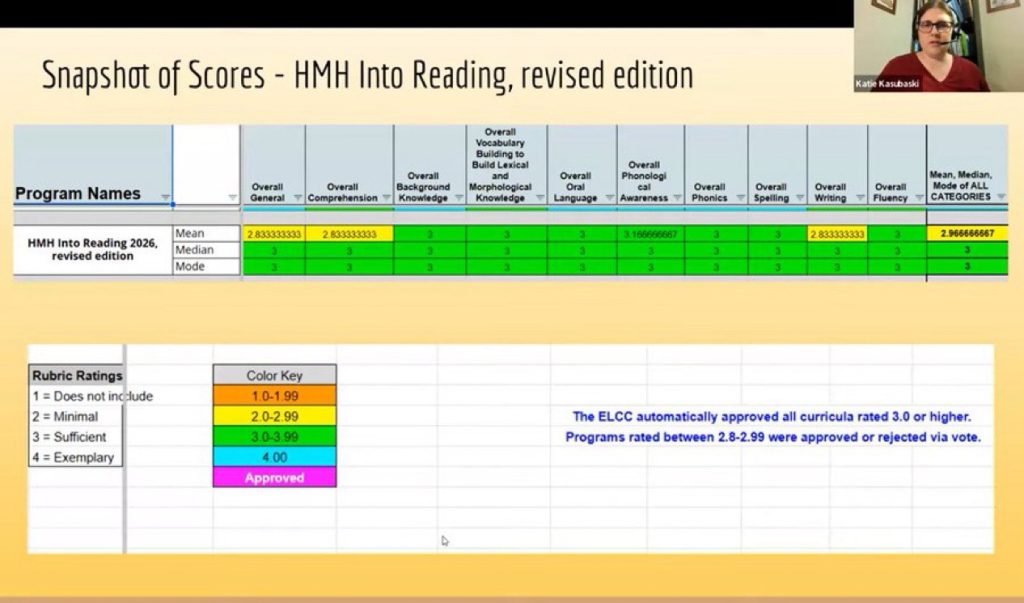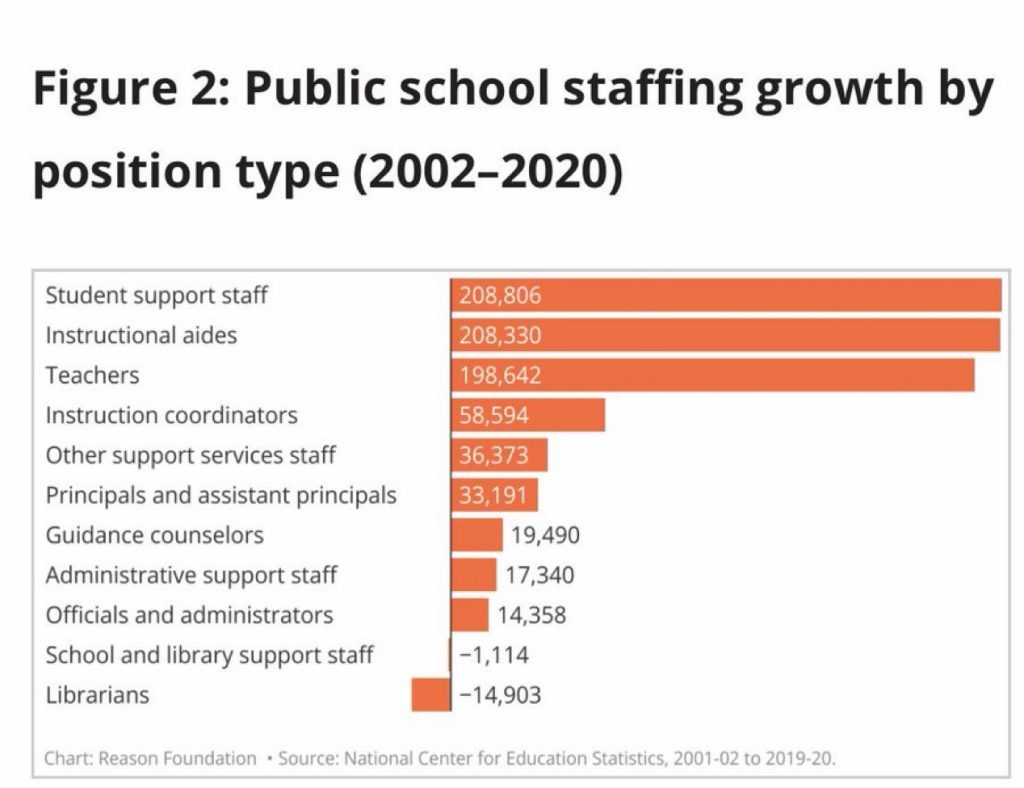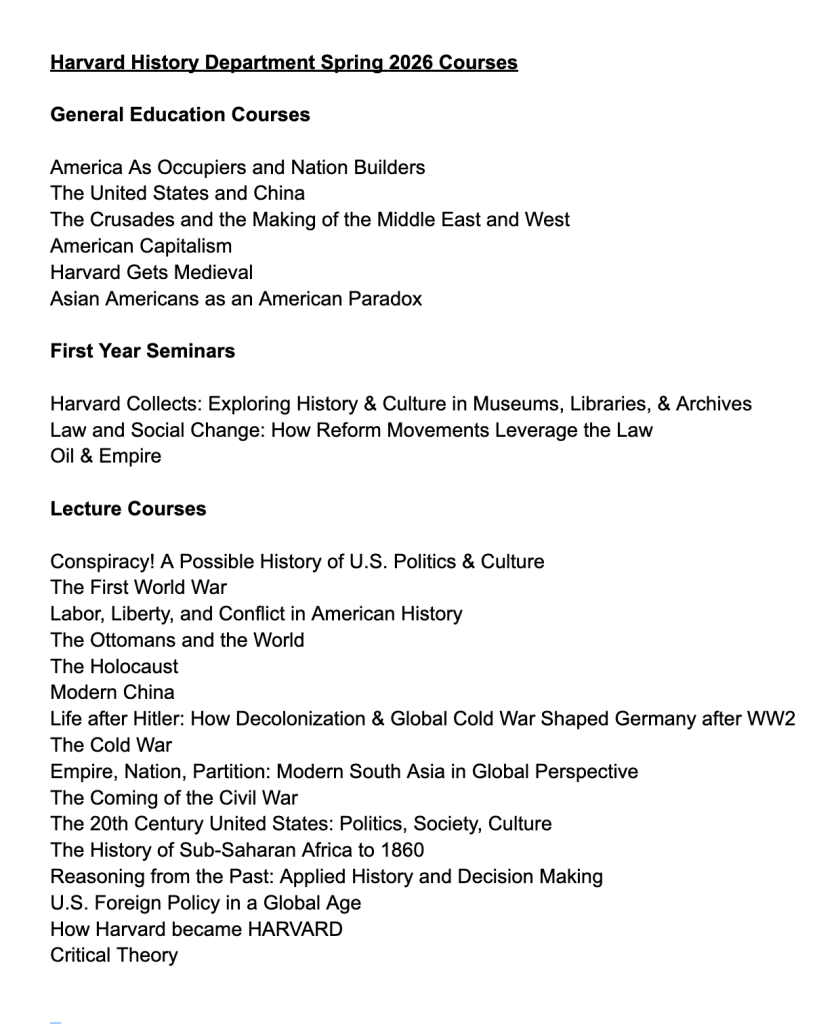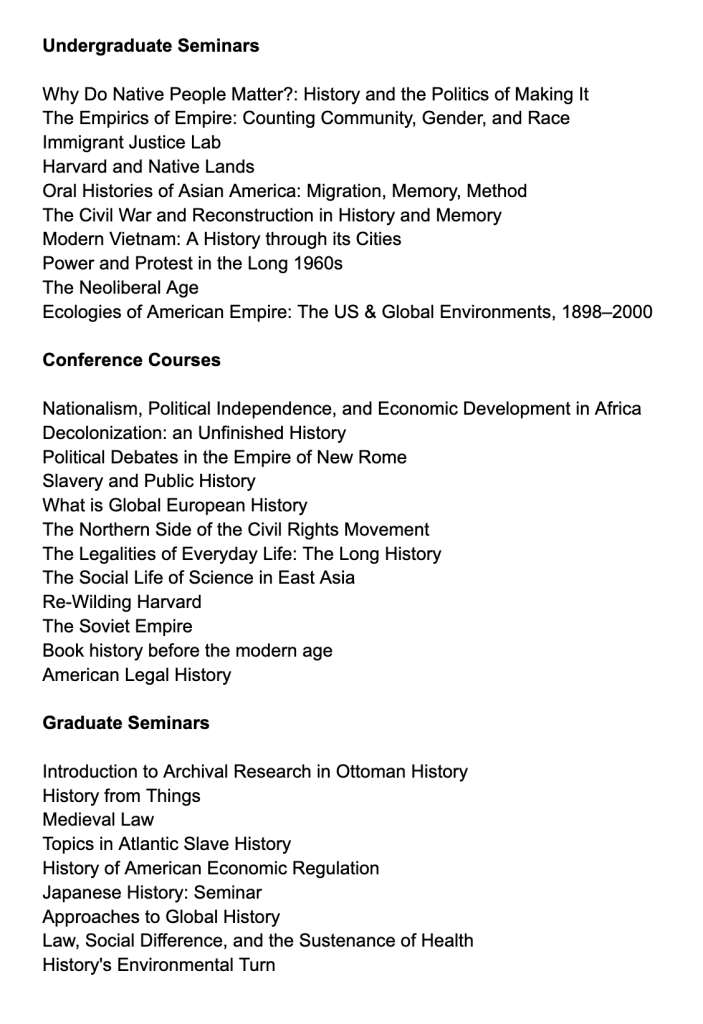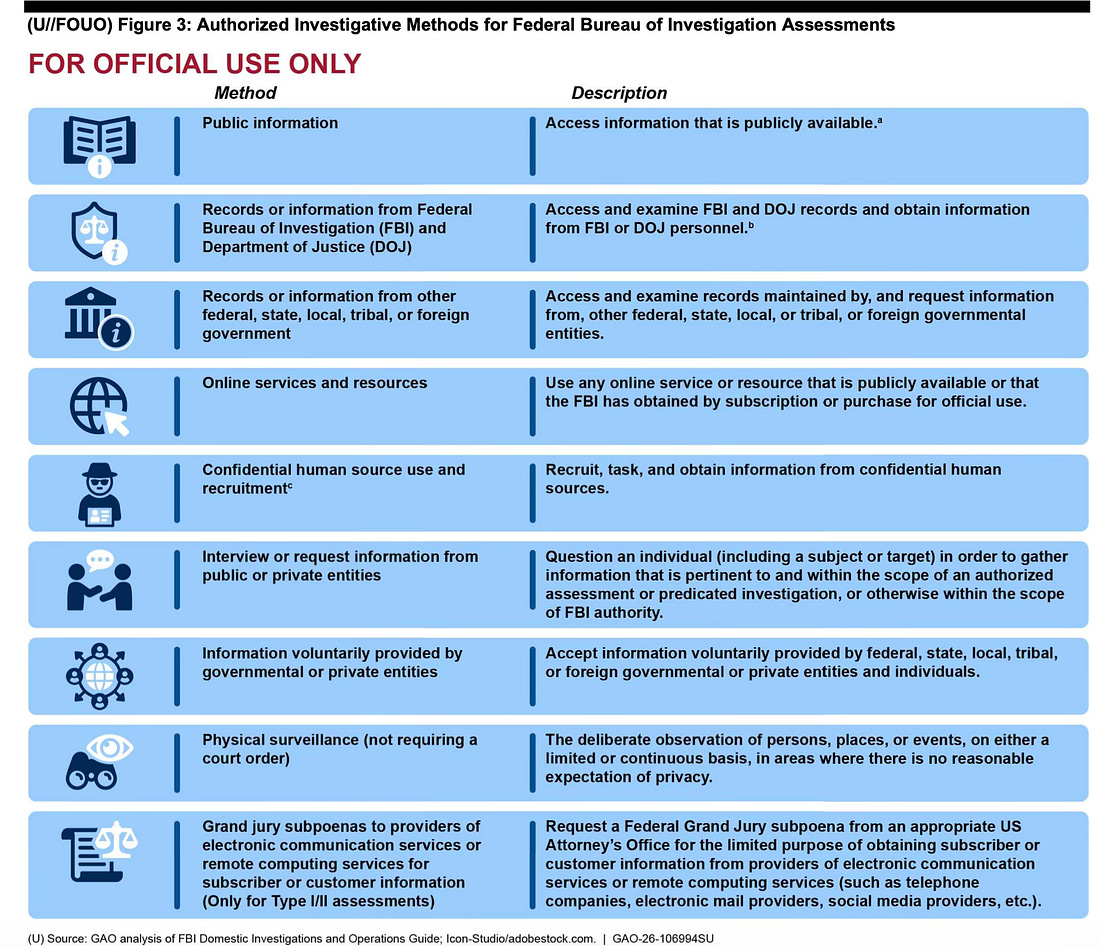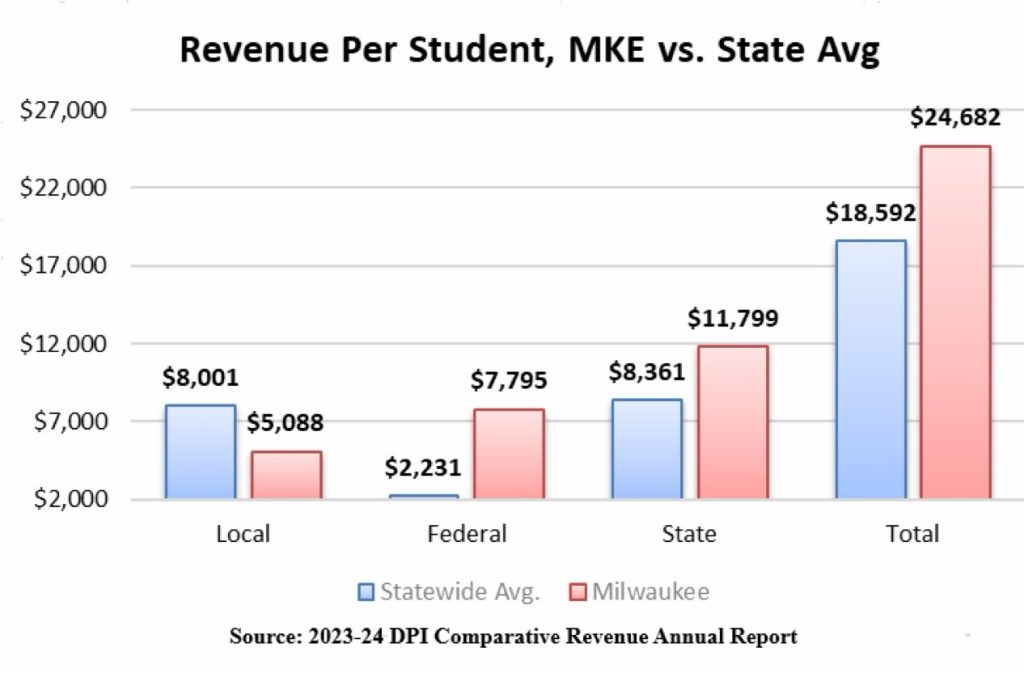DPI has a transparency problem that is quickly becoming a legal one. After a year of stonewalling our investigation into what we discovered was a taxpayer-funded Waterpark Workshop, the department has yet to release the vendor contract. Conveniently for them, it is the very document they claim restricts their ability to provide more details about their secret process to change the state’s Forward exam.
The Dairyland Sentinel is again turning to the Institute for Reforming Government (IRG) to compel the DPI to release public records. On Friday, Jake Curtis, general counsel and director of the Center for Investigative Oversight for the IRG, sent another demand letter to the agency, this time following its failure to produce a signed and executed contract with Data Recognition Corporation, the vendor who helped coordinate the workshop and the standards-setting process.
If Superintendent Jill Underly and her staff choose to continue to hide behind the terms of a contract with a vendor, they at least should have to produce the contract. Fulfilling our open records request would take someone 30 seconds to produce, and after waiting more than a year for partial fulfillment of our request from 2025, our patience has worn thin.
We are not alleging any wrongdoing on the part of the vendor, or DPI or their hand-picked conference participants. This is a search for public records and answers to questions that are in the public interest.
———
Jill Underly, Tony Evers, Ben Jones and Wisconsin DPI Influence, Open Records, Non Outcomes & Sausage Making.
Jill Underly:
Mark Treinen: (Cap Times Editor!)
I really can’t let this stand @DrJillUnderly @WISCTV_News3. The superintendent’s continued claims of DPI transparency and our reporting’s inaccuracy are problematic. Thread.
Much more on Jill Underly, here.
——-
Open Records! Wisconsin DPI’s Refusal to Explain $368,885 Secret Waterpark Meeting Risks Invalidation of New Exam Standards
——-
——-
A.B.T.: “Ain’t been taught.”
8,897 (!) Madison 4k to 3rd grade students scored lower than 75% of the students in the national comparison group during the 2024-2025 school year.
Madison taxpayers have long supported far above average (now > $26,000 per student) K-12 tax & spending practices. This, despite long term, disastrous reading results.
Madison Schools: More $, No Accountability
The taxpayer funded Madison School District long used Reading Recovery…
The data clearly indicate that being able to read is not a requirement for graduation at (Madison) East, especially if you are black or Hispanic”
My Question to Wisconsin Governor Tony Evers on Teacher Mulligans and our Disastrous Reading Results
2017: West High Reading Interventionist Teacher’s Remarks to the School Board on Madison’s Disastrous Reading Results
Madison’s taxpayer supported K-12 school district, despite spending far more than most, has long tolerated disastrous reading results.
“An emphasis on adult employment”
Wisconsin Public Policy Forum Madison School District Report[PDF]
WEAC: $1.57 million for Four Wisconsin Senators
Friday Afternoon Veto: Governor Evers Rejects AB446/SB454; an effort to address our long term, disastrous reading results
Booked, but can’t read (Madison): functional literacy, National citizenship and the new face of Dred Scott in the age of mass incarceration.
When A Stands for Average: Students at the UW-Madison School of Education Receive Sky-High Grades. How Smart is That?
Legislative Letter to Jill Underly on Wisconsin Literacy
